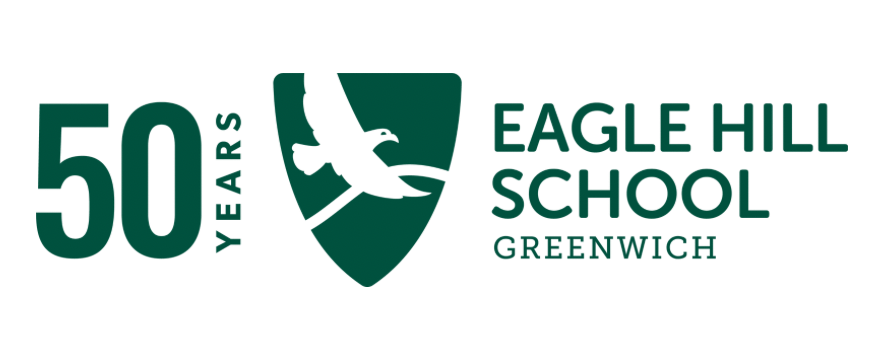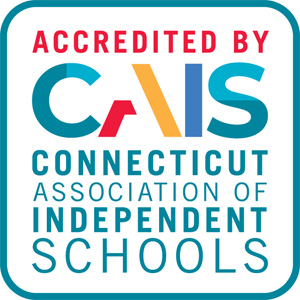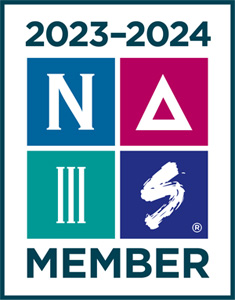by Kara Ashley, Director of Enrollment
At Eagle Hill School, we understand that the ability to plan, organize, solve problems, communicate effectively, and understand others is just as important as mastering reading, writing, and math. These essential skills—rooted in executive function, social language development, resilience, and communication—are what allow students to access learning and grow into confident, capable individuals.
While often referred to in broader education circles as “soft skills”, we view these abilities as anything but secondary. They are the core connectors that bring academic content to life and prepare students for meaningful participation in school, work, and life.
Why Are These Skills So Essential?
These critical life skills don’t develop by chance. At Eagle Hill, they are taught explicitly, modeled consistently, and practiced daily. For instance, while students are developing foundational literacy, they are also learning that communication includes more than just words. Through structured activities and real-life interactions, students learn to interpret facial expressions, body language, and tone—key components of social language. We may ask, “What message did your body just send?” or “How might someone else feel if they saw that face?”
We also provide direct instruction in problem-solving and resilience. Students learn how to assess the size of a problem, identify internal and external resources, and choose strategies to resolve challenges. These tools empower students to navigate obstacles and advocate for themselves with confidence. You’ll find visual supports like our problem-solving matrix displayed throughout the school, reinforcing that every student is growing into a capable, independent thinker.
Another cornerstone of our program is perspective-taking—the understanding that others may have thoughts, feelings, and experiences different from our own. Whether through social-emotional learning or reading a novel, students explore how to interpret and respect those differences. These lessons foster kindness, empathy, and a strong sense of community.
How Are These Skills Embedded in the Curriculum?
These essential skills are not taught in isolation—they’re integrated throughout the school day. Through our Integrated Services model, counselors and speech-language pathologists work alongside classroom teachers to support students in real-time and across contexts.
In the early grades, executive functioning is taught through visual schedules and checklists. As students grow, they learn to use tools like graphic organizers and planning templates to tackle multi-step tasks. These strategies are embedded into academic instruction, ensuring students are building organization, task initiation, and self-monitoring alongside core content.
In our Upper School, a daily Study Skills class offers direct instruction in executive functioning. Students learn how to manage long-term projects, take notes effectively, and reflect on their learning. One teacher keeps a visual display of arrows in the classroom, each one representing a habit or mindset needed for successful learning—from asking for help to pushing through a difficult task. Here, self-advocacy and communication are practiced with intention, whether through classroom discussions or in interactions with peers and teachers.
Beyond the Classroom
Skill building doesn’t stop when the bell rings. During lunch, students practice conversation skills, table manners, and self-advocacy—even learning how to communicate with our chef if they have food allergies. Our athletic programs emphasize teamwork, sportsmanship, and clear, respectful communication. Every corner of campus is a space for students to practice and grow these essential abilities.
Looking Ahead
After the disruptions of the pandemic, many children are still learning—and re-learning—how to connect with others, manage emotions, and function as part of a group. At Eagle Hill, we are committed to meeting this moment with intention, structure, and heart. By embedding instruction in executive function, communication, resilience, and social understanding, we are helping students not only thrive academically but also grow into thoughtful, engaged members of their communities.
To learn more about how Eagle Hill supports whole-child development, visit www.eaglehillschool.org.





